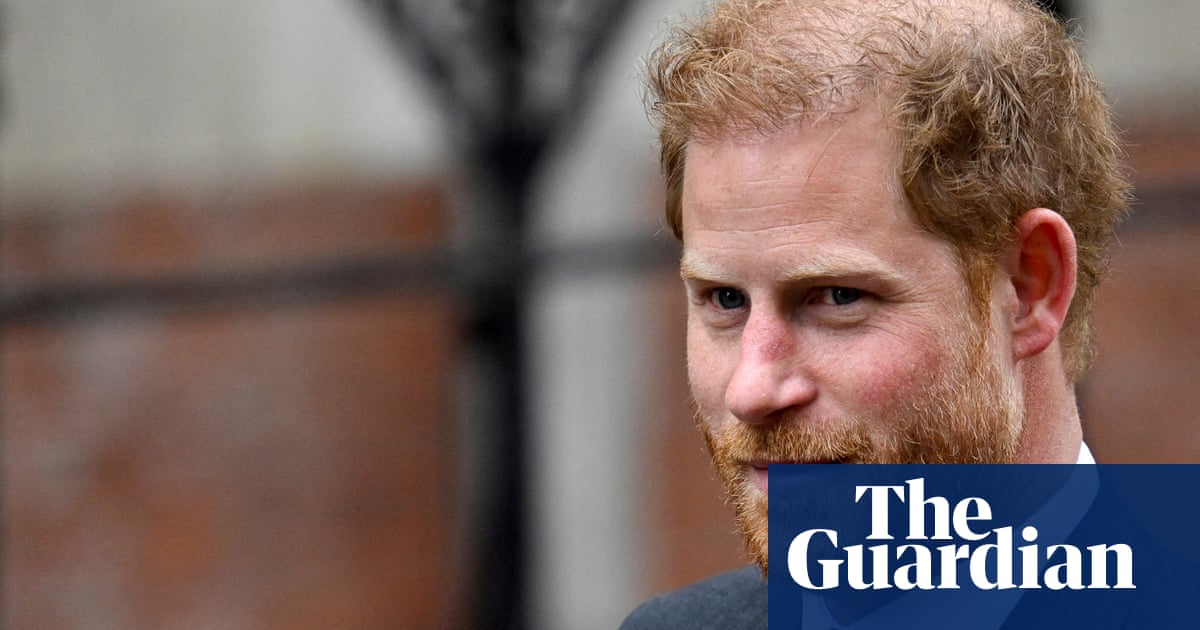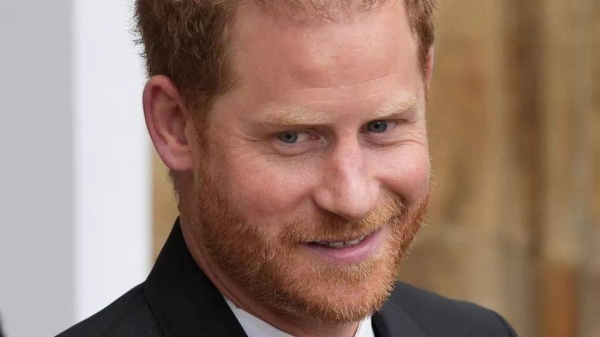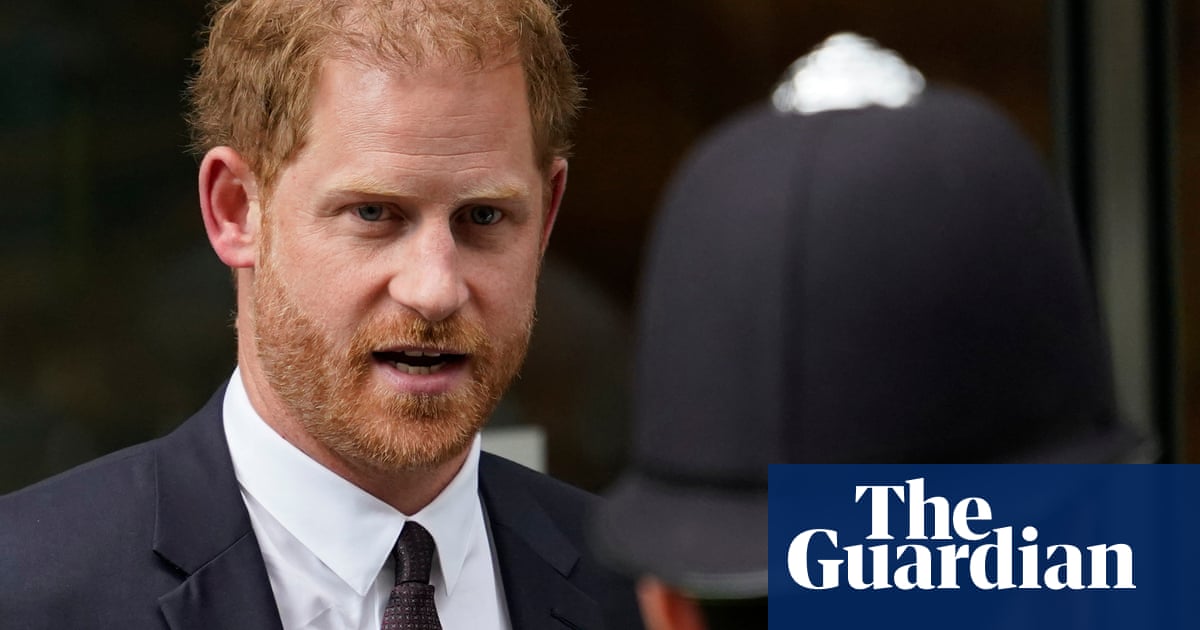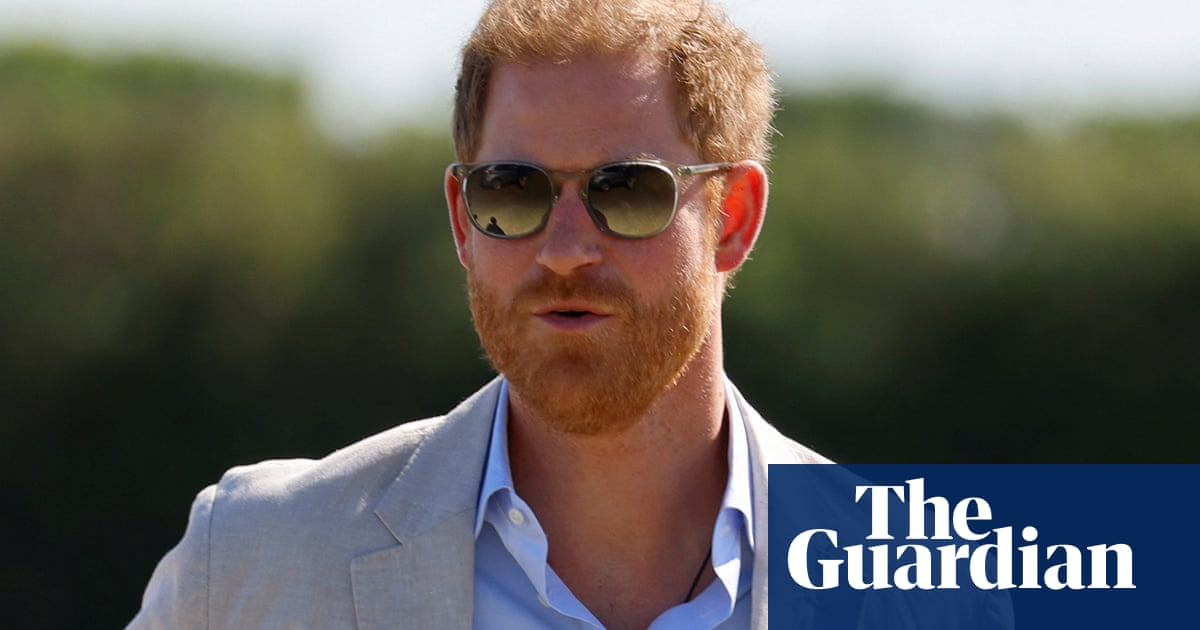
Prince Harry has lost his bid to bring a legal challenge against the Home Office over its refusal to allow him to pay for police protection while in the UK.
The Duke of Sussex was seeking permission to bring what would have been a second challenge relating to his security arrangements.
Lawyers for Harry argued that the decision of the Royal and VIP Executive Committee (Ravec), which deals with protection of royalty and public figures, that people should not be allowed to pay privately for their protective security, was unlawful.
Ravec had argued that public confidence would be undermined if it were believed that a wealthy individual could pay to receive protective security measures that they would not receive if they were less wealthy. It said allowing private funding would also reduce the availability of a limited specialist resource in cases where it was deemed to be in the public interest.
On Tuesday, in a written judgment, Mr Justice Chamberlain refused Harry permission to bring a judicial review over that decision. Among the grounds argued by the duke’s lawyers was that it contradicted section 25(1) of the 1996 Police Act, which allows the “chief officer of the police” to provide special police services “subject to payment”.
But Chamberlain wrote: “In my judgment, the short answer to this point is that Ravec did not say that it would be contrary to the public interest to allow wealthy individuals to pay for any police services. It can be taken to have understood that section 25(1), to which it referred, expressly envisages payment for some such services. Its reasoning was narrowly confined to the protective security services that fall within its remit.
“Those services are different in kind from the police services provided at (for example) sporting or entertainment events, because they involve the deployment of highly trained specialist officers, of whom there are a limited number, and who are required to put themselves in harm’s way to protect their principals. Ravec’s reasoning was that there are policy reasons why those services should not be made available for payment, even though others are. I can detect nothing that is arguably irrational in that reasoning.”
The duke’s lawyers also argued that Ravec’s decision was procedurally unfair because their client should have been given an opportunity to make representations before it was taken. But Chamberlain rejected this argument, writing: “It is not obvious why fairness demanded that one particular principal be afforded the opportunity to make formal representations on that issue.”
The claim is related to another concerning Harry’s security, challenging Ravec’s refusal, in a decision taken in February 2020, to provide him with the same degree of security beyond 31 March 2020, after he and the Duchess of Sussex announced that they were stepping down from senior roles in the royal family. That case is currently awaiting trial after he was granted permission to proceed last year.
The duke also has three outstanding civil claims relating to alleged phone hacking. They are a case currently being heard against Mirror Group Newspapers (MGN) and two against Associated Newspapers Limited (ANL) and News Group Newspapers (NGN) respectively which the organisations are attempting to prevent going to trial. Additionally, he is awaiting a decision in a libel claim against the Mail on Sunday concerning its reporting of the disagreement over his security arrangements. Harry’s lawyers are seeking a summary judgment in his favour of the defence of Associated Newspapers to be dismissed, on the basis that it has no chance of succeeding at trial.












